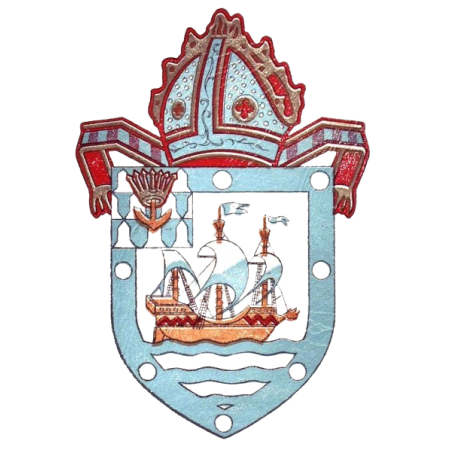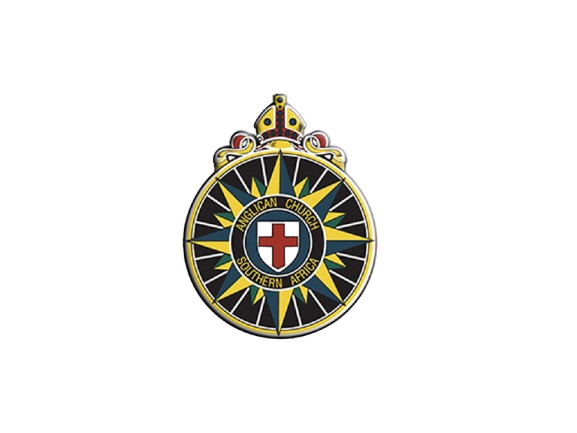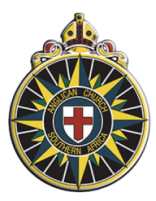
07 August 2025
Title: A Church Response to the Open Chats Podcast Controversy: Affirming the Dignity of All God’s People
The recent uproar caused by the Open Chats Podcast—in which the hosts made derogatory and dehumanizing remarks about Colored people—has sparked national debate, political action, and emotional pain for many, particularly among youth. As a Diocesan Youth Worker serving a diverse and often marginalized community, I believe it is vital that we respond not only with clarity but also with compassion and conviction, rooted in the Gospel of Christ.
The comments aired on the podcast—suggesting that Coloured people are “incestuous” or “crazy”—are not only socially irresponsible and hurtful, but they are also fundamentally contrary to Christian teaching. These words violate the biblical truth that all people are created in the image and likeness of God (Genesis 1:27). Every person, regardless of race or background, possesses inherent dignity, value, and purpose.
Our Lord Jesus Christ consistently stood with the outcast, the marginalised, and the misunderstood. His ministry broke down walls between Jew and Gentile, male and female, rich and poor. As the Church, we are called to be the body of Christ in the world—a prophetic voice for justice, peace, and reconciliation. We cannot be silent when our siblings in Christ are dehumanised for entertainment or public attention.
This controversy also raises the need for deeper theological and pastoral engagement, particularly with our youth. Many young people within the Coloured community already struggle with identity, belonging, and historical exclusion. When public platforms repeat old stereotypes, they reinforce cycles of shame and social division. As the Church, we are called not only to denounce harmful speech but to affirm the belovedness of all God’s children. We must continue creating safe, healing, and empowering spaces for our youth to grow, lead, and testify to their worth in Christ.
As the Church, we are compelled to speak when the dignity of God’s people is violated. The fallout from the podcast has been significant: the Democratic Alliance reported the hosts to the South African Human Rights Commission, while the Patriotic Alliance filed criminal charges. Government officials, including Deputy Minister Mmapaseka Steve Letsike, denounced the comments for promoting hate speech under the guise of freedom of expression.
But beyond political and legal responses, this controversy reveals the deeper wounds still felt by many South Africans. The Coloured community—rich in heritage, resilience, and culture—has long borne the burden of marginalisation. The podcast’s comments did not occur in a vacuum; they reopened historical wounds and perpetuated long-held racial biases. In a nation striving toward healing and justice, such narratives are not only unacceptable—they are sinful.
It is encouraging to see figures like comedian Marc Lottering, civic leaders, and even medical professionals publicly reclaiming their identities with pride and dignity. This moment is also an opportunity for the Church to stand with our communities—not as bystanders, but as shepherds, peacemakers, and agents of God’s justice.
As the body of Christ, we are reminded that “if one part suffers, every part suffers with it” (1 Corinthians 12:26). May our response reflect not only outrage but also the hope, healing, and justice of God’s kingdom.
In service of Christ and our youth,
Ehsanul-Lee Booysen
Diocesan Youth Worker
Diocese of George


